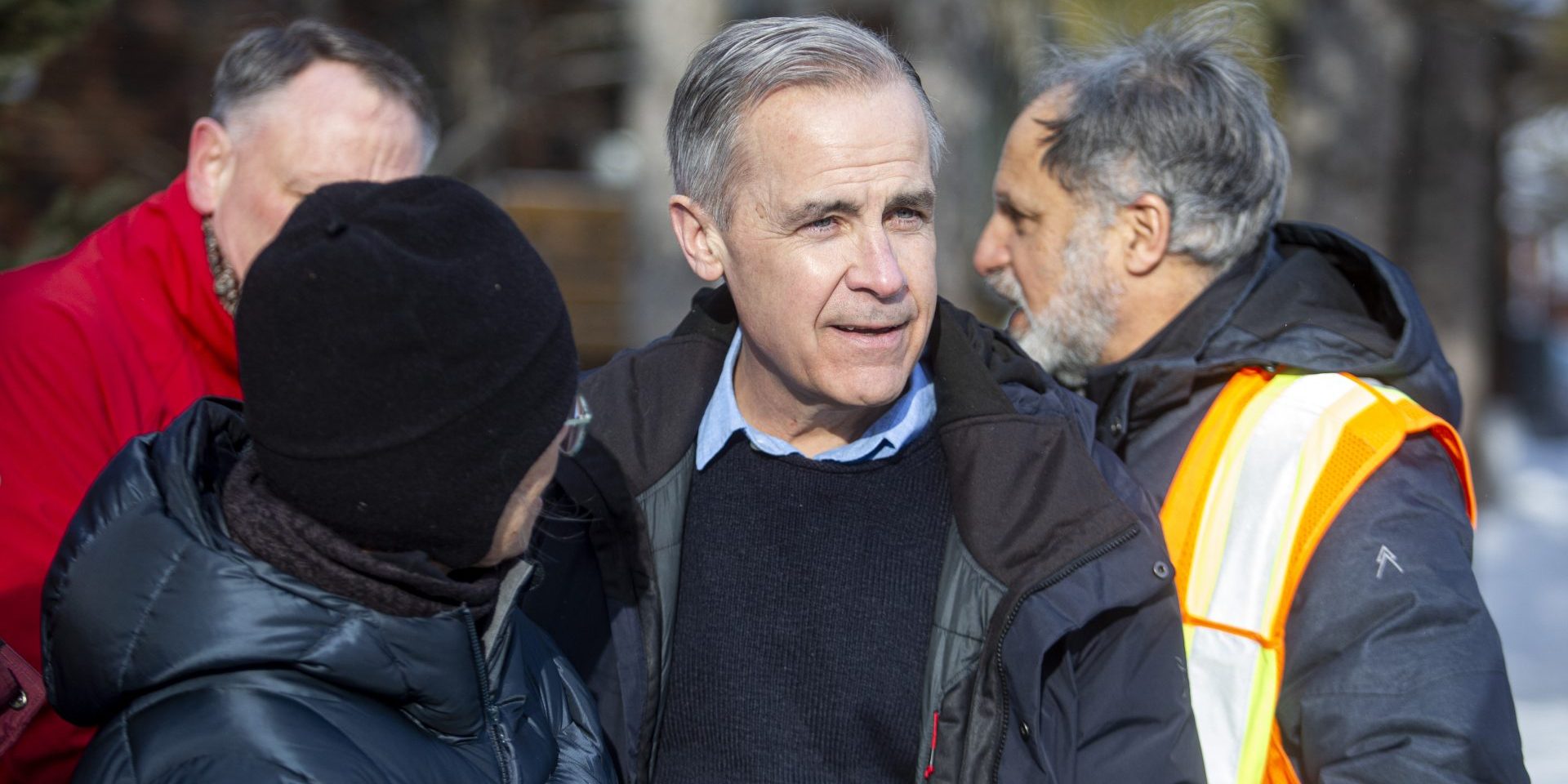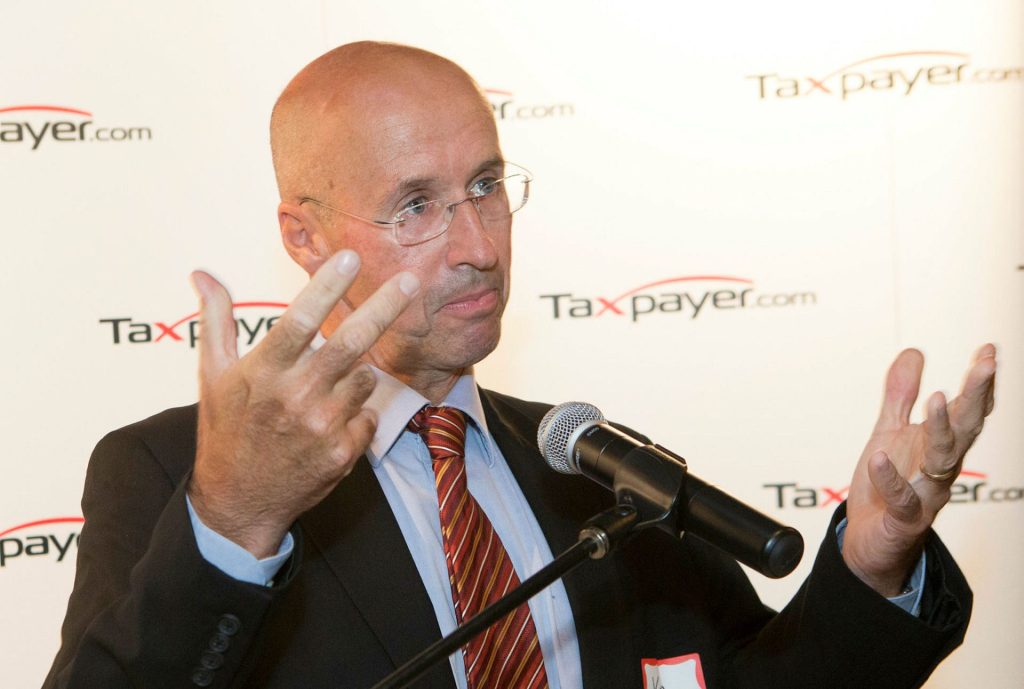Carney promises more ‘investing,’ less spending, bigger role for PBO

Liberal leadership candidate Mark Carney has outlined how he plans to separate government spending into two streams—operating expenses and investments, or capital spending—and help the Parliamentary Budget Officer to hold the government to account.
Carney issued a press release on Feb. 19, accompanied by this slightly more detailed backgrounder, which identified a number of policy priorities: “driving innovation” and stronger social services, but also “reigning in wasteful and ineffective government spending;” becoming a “clean energy superpower,” but also personal income tax cuts; adding more nuclear power and carbon capture, but “disciplining core government spending.”
It also promised “leveraging AI and machine learning to boost productivity and cut costs across government,” which may give pause to those who remain unimpressed by AI’s potential for good.
At the proposal’s core is the idea that a growing operating budget is bad, and a growing capital budget is good. The logic is fairly straightforward: investments yield long-term dividends—better infrastructure, or economic growth that nets more tax revenue—while operating expenditures simply disappear.
Carney promised to balance the “operating budget” in just three years, while running a “small deficit on capital spending.”
One could hardly blame Carney, the economist, for wanting to separate one from the other. The trouble is, government ministers are very good at finding things in which to “invest.”
Federal ministers often announce what they describe as “investments” in all manner of things, which may or may not properly fit the description. Spas, hotels, pharmaceutical manufacturing, salt production, automotive factories, and business that offer “bakery solutions,” are just a few examples.
Who’s to say those don’t count as investment? Or any other project that the government deems worthy of funding? Carney’s suggestion: The Parliamentary Budget Officer.
“To ensure that capital spending is consistent with the approach outlined, new legislation will be introduced. We will reinforce the capacity and oversight function of the Parliamentary Budget Officer in this respect,” reads the end of his statement.
In other words, the PBO can raise a fuss if the government isn’t keeping things above board. It’s worth pointing out that the current PBO has been raising a fuss about the government’s financial practices, and it’s yet to persuade Finance Canada or its masters at the cabinet table to do anything differently.
Former PBO Kevin Page gave his input on Carney’s proposal to split government operating and capital budgets, and to bank on the PBO to ensure the government is treating each appropriately. Page was Canada’s first in the watchdog role, and knows well what it’s like to be at odds with with the government while in that post.
Page told The Hill Times that he thinks it is a good idea. Operating spending on things like Old Age Security and employment insurance is very different than capital spending towards infrastructure, machinery, and equipment, he wrote.

“Operating spending is consumed quickly. Capital spending results in infrastructure that will be consumed over many years. We should not be deficit financing social programs unless the economy is operating well below potential (a recession),” wrote Page.
“We should have budgetary constraints on operating. We should present analysis to Parliament and Canadians that Canada’s fiscal stance (operating and capital) is appropriate for the times. Similarly, we need analysis that indicates we have a fiscal structure (operating and capital) that is sustainable over the long term.”
Canada’s PBO isn’t officially responsible now for assessing whether or not the government is on track to meet its fiscal targets, a role that Page said it should be tasked to fill, as counterpart organizations in Europe are.
“Mr. Carney is shifting the conversation around fiscal responsibility with hard (accountable) targets on the operating budget. This includes new oversight support by the PBO to help Parliament hold the government to account on meeting its targets,” he wrote.
The Hill Times
A version of this story first appeared in Politics This Morning, your go-to source for insider news, analysis, and updates on where the key political players are that day. Get more insider coverage directly to your inbox from The Hill Times‘ editor Peter Mazereeuw and reporter Riddhi Kachhela in this subscriber-only daily newsletter. Sign up here.






 LICENSING
LICENSING PODCAST
PODCAST ALERTS
ALERTS













